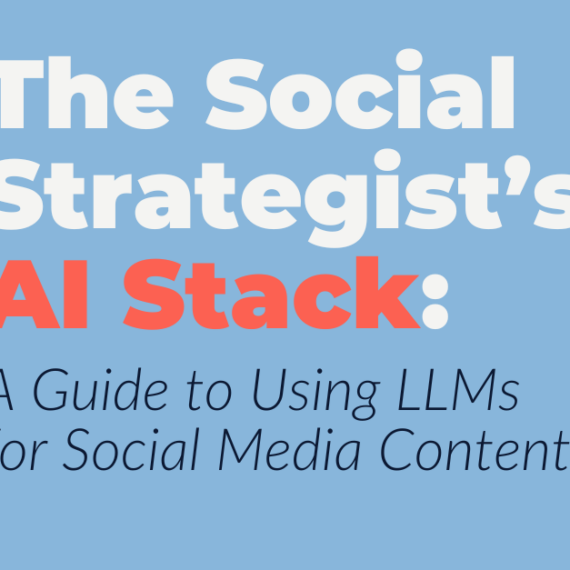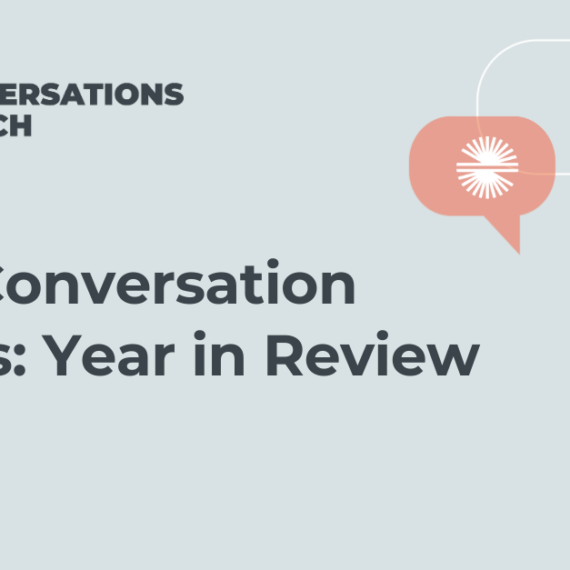In the sports world, complaining about referees and “bad calls” is an ancient pastime – and the lifeblood of sports talk radio. Fans get frustrated and they need to vent.
It’s different, of course, when the head coach complains about referees in a post-game press conference. While they may have a legitimate beef about a bad call, and referees obviously make mistakes, it’s often a “bad look” that raises questions about the coach’s lack of focus or responsibility. It’s also a bad leadership move that absolves coaches or players from things they could have done better. To wit, the best head coaches typically downplay bad calls and say “we shouldn’t have put the game into the ref’s hands.”
Tech CEOs should follow their lead. Unfortunately, Quibi CEO Meg Whitman last week reportedly used an all-hands meeting to complain about recent media coverage, calling out journalists at The Information for their story on Quibi’s “high wire act” to launch and scale its streaming media service. In short, The Information reported that Quibi had projected $1.5 billion in expenses but only raised $1.4 billion in total funding, and that its recent $400M round fell $100M short of expectation (citing an internal email from the CFO).
The salacious part: Whitman reportedly compared reporters to sexual predators grooming their victims, and another reporter confirmed the story adding that she said: “They are bad, bad people. Just stay away.” Quibi denied the story as “materially inaccurate” and said in a statement: “It is not our policy to comment on speculation of what was or was not alleged to be said in an internal company meeting. … Quibi has the utmost respect for journalists and has hired and is partnering with some of the most trusted names in news and information.”
Putting aside the Quibi specifics, this is part of a pattern we’ve seen from other tech executives including Tesla’s Elon Musk, Magic Leap’s CMO and of course, Theranos’ Elizabeth Holmes. It was part of Steve Jobs’ love and hate relationship with media. And I’ve seen it personally with other executives, who have been quick to blame media or discount analysts rather than learn from unwanted market feedback.
I get it, you’re passionate about your business. You have a vision to evangelize. You’re recruiting and leading talent that needs inspiration. You need to win customers and outmaneuver competitors. You need to overcome skeptics every day – and the bigger your idea, the more skeptics you have. And here’s a pesky journalist “getting in your way.”
So, here’s some advice that works:
- Complain in private. Vent to people you trust, and get it out of your system. Learn what you can from the situation. Then get back to your leadership voice.
- Remember that journalists don’t work for you. They don’t drink your Kool-Aid, and they don’t write your collateral. They’re paid skeptics and have hundreds of sources.
- Learn how journalists work and respect their role. It’s part of your job as CEO (or any tech exec). You don’t need to like them or even trust them, but respect them.
- Engage with journalists before you-know-what hits the fan. Hire professionals internally/externally to provide sound advice and guidance from experience.
- Assume any internal memo might go public. Happens all the time. The good news: If it happens, it means you’re relevant.
- Expect negative feedback. If you over-react to small things, they become bigger things. If you under-react to bigger things, it’s even more dangerous. Learn how to manage it with skill and finesse.
Finally, lest I ignore our current political context, what works for Trump probably won’t work for you…






